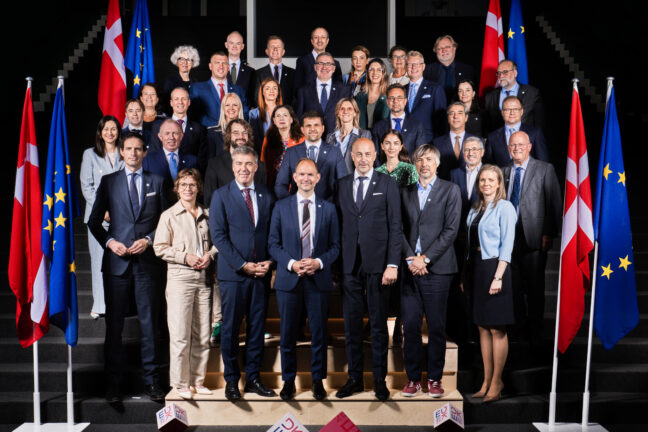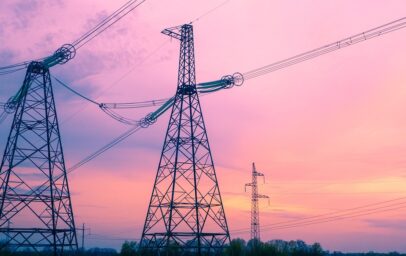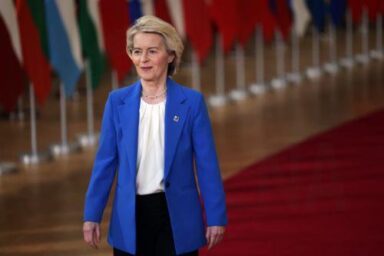An informal meeting of Environment Ministers, held on July 10-11 in Aalborg (Denmark), focused on the relation between green transition on one side and European competitiveness and security on the other. Ministers also discussed the EU’s position ahead of the global climate conference COP30.
Many debates revolved around the European climate policy beyond 2030 and climate neutrality to be reached in 2050. As the event was hosted by Danish EU Presidency and participants from the Nordic countries had a big say, the atmosphere was overall enthusiastic.
The Green transition and competitiveness are no contradiction. These are two sides of the same coin – Jessica Roswall, Commissioner for Environment, Water Resilience and a Competitive Circular Economy
“The green transition and competitiveness are no contradiction. These are two sides of the same coin,” said Jessica Roswall (SWE), Commissioner for Environment, Water Resilience and a Competitive Circular Economy. Many other presentations echoed a similar tone. “Climate change is already affecting European citizens (…) According to polls, about 90 % of Europeans are expecting us (politicians) to do more,” emphasized Lars Aagaard, Danish Minister for Climate, Energy and Utilities.
Still a long way to go
However, there were also some critical remarks underlining that the EU’s environmental policy has so far by no means achieved all goals, including the intermediate ones.
“The state of European environment leaves a lot to do,” said Magnus Heunicke, Minister for Environment and Gender Equality of Denmark, in opening remarks during the second day of the meeting. He pointed to the fact that a monitoring report had recently found that 20 environmental indicators out of 28 in total suggested Europe is not on the right track.
“I strongly disagree with some views demanding that we slow down our environmental ambitions to stay competitive. On the contrary: the green transition keeps Europe secure and competitive,” Mr Heunicke said.
Europe as a climate leader at COP30
Ministers were also discussing the EU’s political priorities for the 2025 United Nations Climate Change Conference COP30 which will be held in Belém, Brazil in November 2025. These should focus on accelerating climate action, particularly in mitigation, adaptation, and financing. The EU also emphasizes the need for a robust adaptation framework to address the impacts of climate change, particularly in vulnerable regions.
It is generally anticipated that the European Union – given the unstable geopolitical situation – will play a leading role at COP30. “We are hoping Europe will continue that path of leading the climate debate, as they have done it up to now. … They have the technology, they have the money,” said COP30 CEO Ana Toni in an earlier interview in June.
You might be interested
UN Climate Change Conferences (COPs) are held every year. In the past, negotiations led to important global environmental milestones. These include the Kyoto Protocol that established legally binding obligations for developed countries to reduce greenhouse emissions or the Paris Agreement. The latter aims at holding the increase in the global average temperature to well below 2°C compared to pre-industrial levels.











